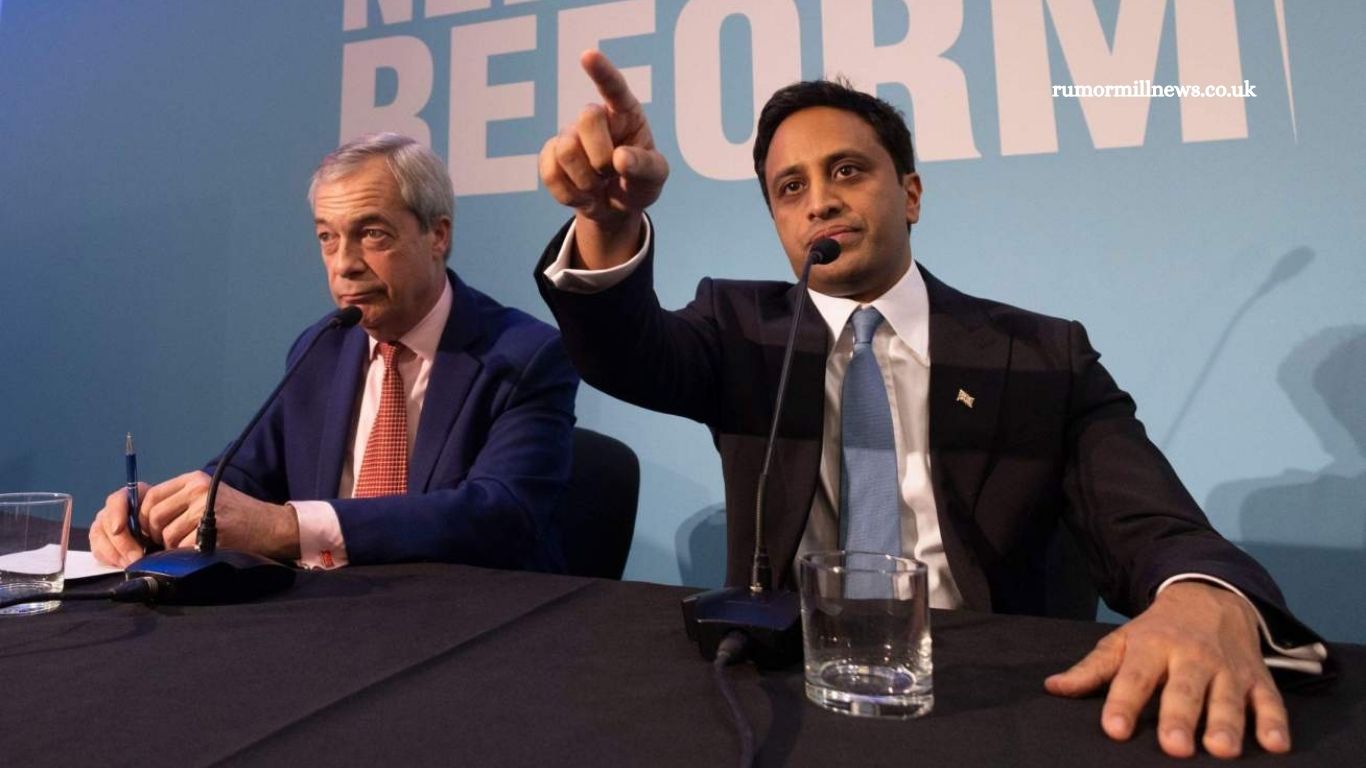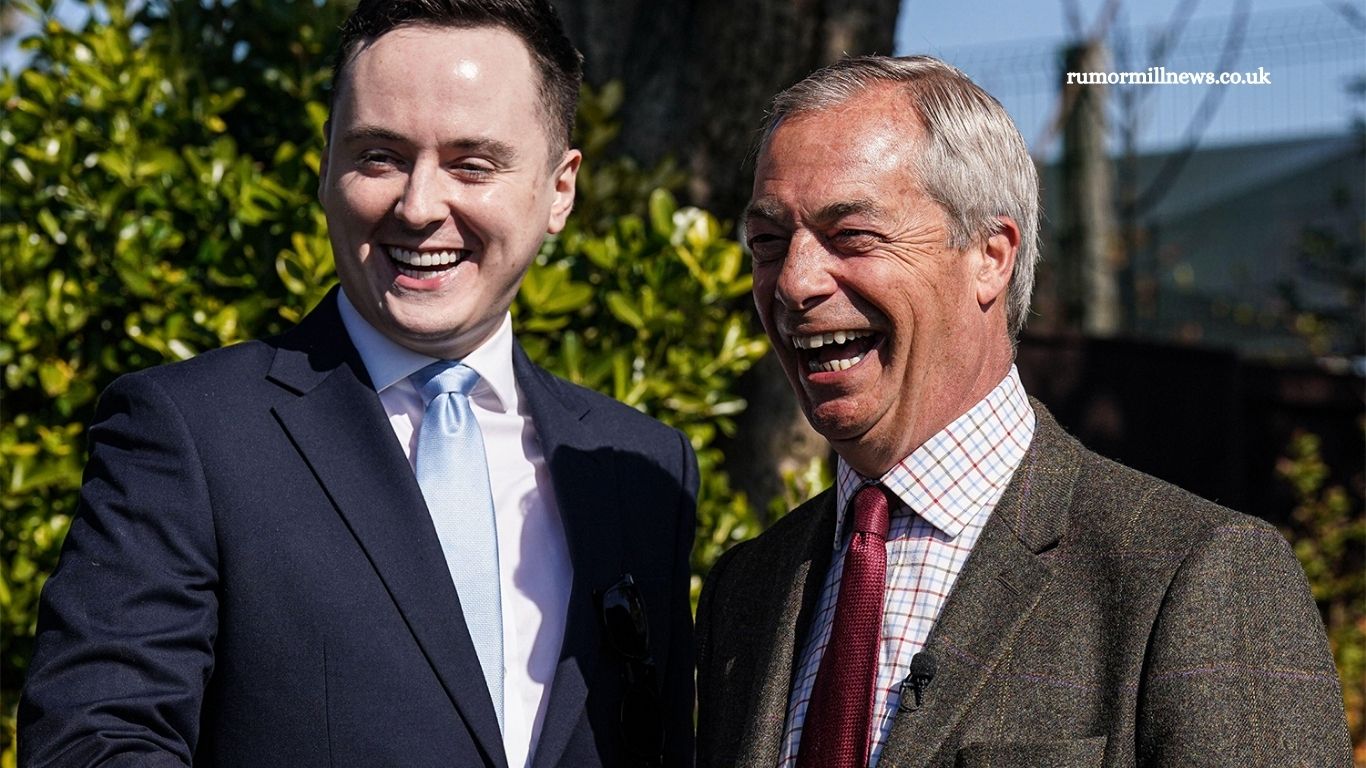Top UK lawyers, including leading barristers and human rights advocates, have urged Home Secretary Yvette Cooper to halt plans to ban the protest group Palestine Action. In a strongly worded open letter, they argue that the proposed proscription undermines civil liberties and mislabels peaceful protest as terrorism.
The move has sparked widespread concern across the legal, political, and activist communities. Critics warn the ban sets a dangerous precedent for democratic dissent and free expression. As the government pushes forward with its decision, legal experts emphasize that challenging injustice must not be criminalized in a democratic society committed to human rights.
What Is Palestine Action?
Palestine Action is a UK-based grassroots group known for its direct action tactics, including protests and occupation of facilities linked to arms manufacturing companies, particularly those allegedly supplying weapons to Israel. While their activities have occasionally led to arrests, the group maintains that its mission is rooted in non-violent civil disobedience.
Read More: UK Law Empowers Government to Ban Palestine Action
Why the Government Wants to Ban Palestine Action
According to a statement by the Home Office, the decision to ban the group is based on its “aggressive and intimidatory attacks” on institutions and businesses, which allegedly breach thresholds set out in the Terrorism Act 2000. Officials cited a recent incident involving a break-in at RAF Brize Norton as justification for the move.
Home Secretary Yvette Cooper emphasized the importance of national security, stating,
“The right to protest and free speech are the cornerstone of our democracy. But violence and serious criminal damage have no place in legitimate protest.”
Legal Community Pushes Back: “Protest is Not Terrorism”
In sharp contrast, prominent members of the UK legal community—including Michael Mansfield KC, Lord John Hendy KC, and Sir Geoffrey Bindman KC (Hon)—have condemned the Government’s actions in an open letter organized by the Haldane Society of Socialist Lawyers.
The letter strongly argues that the Government is conflating peaceful protest with terrorism, warning of the dangerous precedent this sets for civil liberties and democratic dissent.
“To label civil disobedience as terrorism is not only misleading but deeply irresponsible. It dilutes the meaning of terrorism and undermines legitimate democratic protest,” said a spokesperson for the Haldane Society.
Echoes of History: UK’s Legacy of Civil Disobedience
The letter draws parallels between Palestine Action and historic protest movements in the UK, such as the Greenham Common Women’s Peace Camp and the anti-Iraq war demonstrations. It references the case of R v Jones, which acknowledged the legal and moral basis for civil disobedience aimed at preventing crimes by the state.
The signatories argue that rather than criminalizing dissent, the UK Government should be examining its own actions, especially in light of the International Court of Justice’s (ICJ) preliminary findings of plausible genocide in Gaza.
International Law and the RAF Brize Norton Allegations
Critics have pointed to the UK’s alleged use of RAF Brize Norton and RAF Akrotiri to facilitate military operations by allies in Gaza. These activities, they claim, could potentially breach the Genocide Convention, making any crackdown on anti-genocide protests ethically and legally questionable.
The letter warns that by criminalizing opposition to such actions, the Government risks further isolating itself from international norms and human rights obligations.
Disproportionate Burden on Justice System
The letter also outlines the practical and financial consequences of banning Palestine Action. Policing, prosecuting, and incarcerating peaceful protesters could overwhelm the already stretched legal system and set a worrying precedent for future governments to suppress dissent more broadly.
“Wearing a t-shirt that says ‘I support Palestine Action’ could become a criminal offence. That’s the level of overreach we’re talking about,” a legal expert warned.
Dangerous Precedent for Future Protests
Beyond the immediate implications, the proposed proscription is viewed as a threat to future protest rights. Critics warn that if the government can ban one group based on controversial political grounds, no activist group is truly safe—be it environmentalists, anti-war campaigners, or labour rights advocates.
Such suppression could fuel public frustration, potentially driving some towards more radical forms of resistance, thereby escalating tensions rather than defusing them.
Diverse Coalition Stands United
The letter was signed by a broad coalition of over 3,000 individuals and organizations, including:
- Michael Mansfield KC
- Sir Geoffrey Bindman KC (Hon)
- Former Green Party Leader Caroline Lucas
- Activist Peter Tatchell
- MPs Jeremy Corbyn and John McDonnell
- Journalist George Monbiot
- Trade unions, academics, religious leaders, and grassroots campaigners
Supporters plan to deliver the letter directly to the Home Secretary at Parliament on Wednesday, July 2, ahead of the Commons vote.
Government Plans to Ban Russian Extremist Groups Too
The move to proscribe Palestine Action comes alongside plans to ban two violent Russian groups—the Maniacs Murder Cult (MMC) and the Russian Imperial Movement (RIM)—both widely recognized as extremist and neo-Nazi in nature.
While these groups present legitimate threats according to counterterrorism officials, critics argue that lumping Palestine Action into the same category further illustrates the danger of overbroad terrorism definitions.
Frequently Asked Questions
What is Palestine Action being accused of?
The Government accuses the group of aggressive and intimidatory acts, including a break-in at a military base. They argue these acts meet the threshold for terrorism under UK law.
Is Palestine Action a terrorist organization?
No court or international body has officially classified Palestine Action as a terrorist group. The label is being applied unilaterally by the UK Government under domestic legislation.
What does proscription mean legally?
Proscription makes it a criminal offence to belong to, support, or express endorsement for the group, with penalties of up to 14 years in prison.
What’s the legal basis for banning a group in the UK?
Under the Terrorism Act 2000, the Home Secretary can proscribe any group believed to be involved in terrorism. The definition of “terrorism” is broad and has drawn criticism for overreach.
Have peaceful groups been banned before?
While proscription has historically targeted violent or extremist organizations, banning a group like Palestine Action, which defines itself as peaceful, would be unprecedented in recent UK history.
Is this ban linked to events in Gaza?
Yes. The group’s opposition to UK complicity in the war on Gaza, along with international rulings suggesting genocide, is central to its activism—and to the Government’s justification for the ban.
How is the legal community responding?
Many top barristers and legal scholars have condemned the move, arguing it violates rights to free expression and peaceful assembly.
What can concerned citizens do?
People are encouraged to write to their MPs, sign petitions, attend demonstrations, and stay informed through legal and human rights organizations.
Conclusion
The Government’s plan to ban Palestine Action has triggered widespread alarm across legal, political, and civil society circles. At stake is not only the fate of one protest group but the very fabric of democratic dissent in the UK.
The proscription threatens to erode civil liberties, conflate protest with terrorism, and set a dangerous precedent for future administrations. With voices from across the ideological spectrum raising concern, the decision made in the coming days will reverberate far beyond the halls of Parliament—testing the UK’s commitment to human rights, international law, and democratic values.




